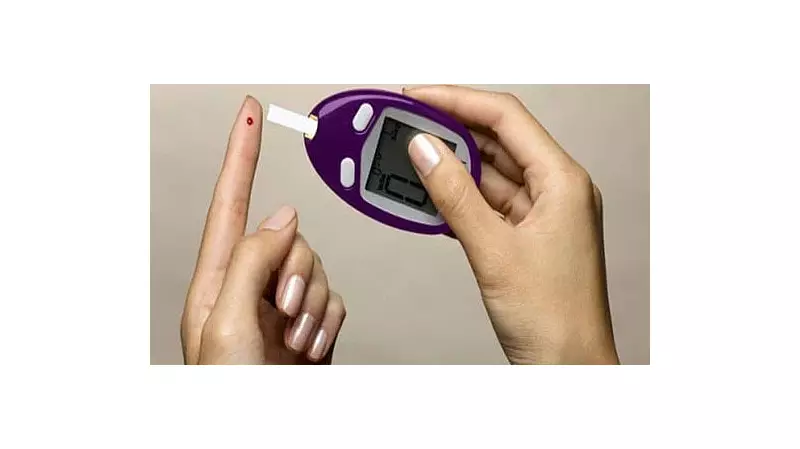
In a groundbreaking development that promises to transform diabetes management across India, researchers at IIT Madras have created an innovative, low-cost wearable device for continuous glucose monitoring. This revolutionary technology could make expensive imported monitoring systems accessible to millions of diabetic patients nationwide.
The Technology Behind the Breakthrough
The device utilizes an array of miniature microneedles that painlessly penetrate the skin's surface to measure glucose levels in interstitial fluid. What sets this innovation apart is its electrochemical sensing mechanism, which eliminates the need for frequent finger-prick blood tests that have long been the bane of diabetes patients.
Key Advantages Over Existing Solutions
- Significantly lower cost compared to imported continuous glucose monitoring systems
- Minimally invasive design using microneedles for pain-free monitoring
- Real-time tracking of glucose fluctuations throughout the day
- Potential for smartphone integration to provide instant alerts and data analysis
- Made in India solution tailored for Indian climatic conditions and user needs
Addressing India's Diabetes Epidemic
With India often called the "diabetes capital of the world" with over 77 million affected individuals, this innovation couldn't be more timely. The research team, led by Prof. R. Krishna Kumar and Prof. Hardik J. Pandya, recognized the urgent need for affordable monitoring solutions that don't compromise on accuracy or reliability.
The current market scenario presents a significant challenge – imported continuous glucose monitoring devices often cost between ₹4,000 to ₹6,000 per sensor, making them inaccessible to the majority of Indian patients. The IIT-M developed device aims to disrupt this pricing structure dramatically.
Research Excellence and Future Roadmap
The project exemplifies IIT Madras's commitment to translational research that addresses pressing national healthcare challenges. The team has conducted extensive preclinical validation and is now preparing for clinical trials to establish the device's efficacy and safety profile.
Looking ahead, researchers are exploring integration with mobile health platforms that could provide:
- Automated data logging and trend analysis
- Personalized dietary and medication recommendations
- Emergency alerts for hypoglycemic or hyperglycemic episodes
- Remote monitoring capabilities for healthcare providers
A New Era in Diabetes Management
This innovation represents more than just technological advancement – it embodies hope for millions struggling with diabetes management costs. By combining cutting-edge engineering with empathetic healthcare design, the IIT Madras team has created a solution that could fundamentally change how diabetes is managed in resource-constrained settings.
The device's development aligns perfectly with India's growing medtech ecosystem and the government's push for "Make in India" in critical healthcare sectors. As the project moves toward commercialization, it stands poised to make quality diabetes care not just a privilege for the few, but a reality for all.





